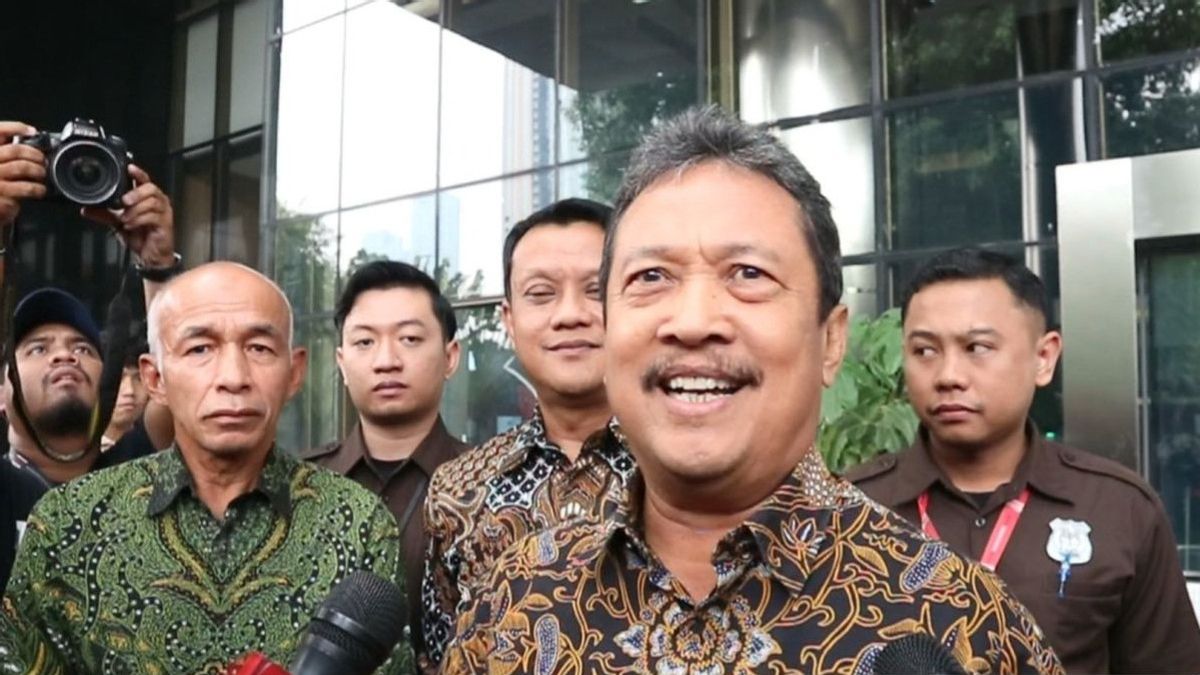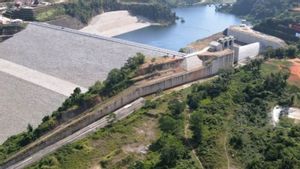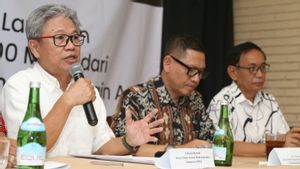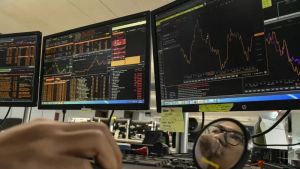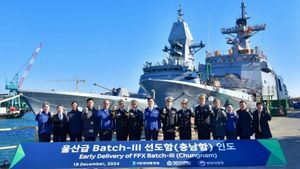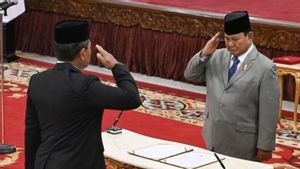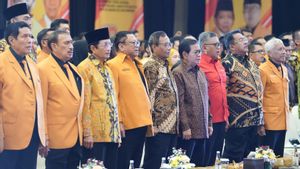JAKARTA - Minister of Maritime Affairs and Fisheries (KKP) Sakti Wahyu Trenggono emphasized the importance of implementing a blue economy program to maintain the sustainability of the national fisheries and food security ecosystem.
"I recommend that the education curriculum at Hasanuddin University has a special focus on science, research, innovation, and technology that supports the Blue Economy policy, because this is actually the future of the Indonesian nation," he said, quoted from ANTARA, Thursday, August 29.
He explained that strengthening food security is very important. This is because food security comes from three things, namely carbohydrates, fat and protein.
Especially for protein, he said, one of them comes from fishery products. Referring to trade data that is always in surplus, fishery products are considered as the strongest source of food security.
"Please research, our sea can be the answer to overcome the food problems that the world is currently facing," he explained to students at Baruga Prof. Dr. H Baharuddin Lopa, Faculty of Law, Unhas.
To optimize potential and face existing challenges, said Trenggono, all must begin to realize the importance of placing ecology as commander in chief, which is now the concern of the KKP to implement five blue economy policies.
Starting from expanding marine conservation areas, measurable fishing based on quotas, sustainable development of marine, coastal and land cultivation, coastal management and supervision, and small islands.
"Including the handling of plastic waste at sea through the fishermen's participation movement in the Month of Cinta Laut program or BCL," said the 1986 Bandung Technology Istitute Alumnus.
Trenggono explained that the sea provides various resources that can be used as food sources that are not only nutritious but also more environmentally friendly.
SEE ALSO:
Based on Skyquest (2023) data, the role of the marine and fisheries sector in supplying food sources is projected to be even greater.
The world fishery market value in projection will continue to grow with the Compound Annual Growth Rate or CAGR of 6.52 percent from USD 269.3 billion in 2023 to USD 419.09 billion in 2030.
"As the largest archipelagic country endowed with enormous marine and fishery resources, Indonesia must place the sea as the front page as well as the epicenter of national development to realize Indonesia Gold in 2045," he said.
The English, Chinese, Japanese, Arabic, and French versions are automatically generated by the AI. So there may still be inaccuracies in translating, please always see Indonesian as our main language. (system supported by DigitalSiber.id)
